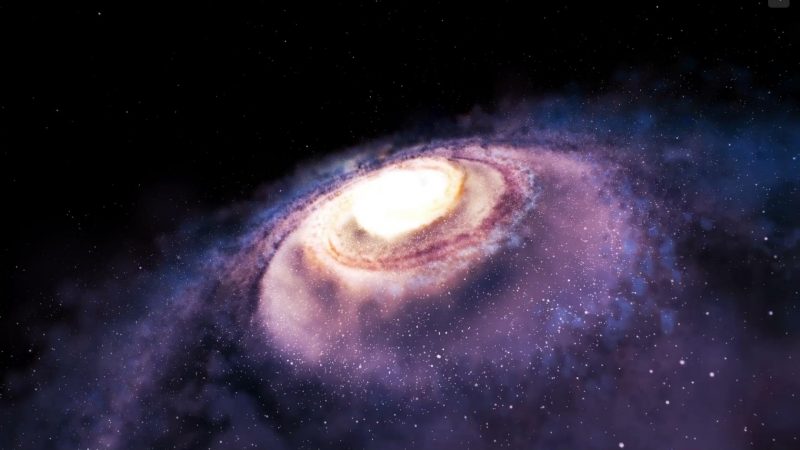Astronomy (PhD)
What is A Astronomy (PhD) Degree?
Astronomy is the study of everything in space—the sun, moon, stars, planets, galaxies, meteors—and everything that happens in space. Some astronomers study the planets and stars as they are now, trying to figure out how old they are and what will happen to them. Other astronomers take a more theoretical approach and, using science and mathematics, try to determine just how the universe is put together and how it works.
Many promising students earn a BS in math or physics and then apply for a PhD program in Astronomy, while some will already have either a BS or MS in Astronomy. Most PhD degree programs want you to do as much research as possible during your time at the university, so having previous research experience will really help you. If you’re coming into the Astronomy PhD program with a BS in, say, mathematics, you’ll need to start with fundamental courses on astronomy principles, geophysics, astrobiology, numerical and computational methods, thermal/statistical physics, and how to use optical and radio telescopes.


